It is an extraordinary exhibition where there is no museum, there are no solid paintings and yet it is a feast for all the senses and for the soul. Vincent Van Gogh’s (1853-1890) genius brushworks become alive in a mesmerizing movement of images, colors, light and sound. The irises, sunflowers, olive groves, haystacks, his self-portrait and more, are all projected for 30 minutes on a surface of 3300m², covering all over from the floor across the walls and up to the ceiling 10 meters high. It is an exhilarating experience. The “multisensory” digital art exhibition plunges one into a world …
Category: Culture
On how dancing boosts morale and revives the soul “ In the dance, one finds the cinema, the comic strips, the Olympic hundred meters and swimming, and what’s more : poetry, love and tenderness,” said Maurice Bejart, the exceptional choreographer, opera director and dancer. Long before neuroscience confirmed that our brains are wired to move along with music, dancing was there. Babies, children, and adults, all instinctively move to the rhythm of the music. Cognitive research states that human beings are universally synchronized with the chords of music. Moreover, the rhythmic movement lifts our mood, regulates the mental and …
The Egyptian method for weighing the virtues of the soul before the final judgement and the destiny of the soul in the afterlife, you can watch here : Duygu Bruce July 9, 2019
Rondador (panpipe) is one of the oldest instruments played in Latin America. It is a wind instrument made of condor feathers, bamboo and cotton string. When played, its pure sound echoes across the Andean mountain peaks where the condors fly. A well-known folk song played with this instrument is “El Condor Pasa”. In the original lyrics, an allegory is made to the condor flying high above in the sky as the symbol of freedom and dignity. As flying, he looks at the Andean miners working below and his flight becomes the miners’ aspiration for freedom and a dignified life. …
The story of how Hypnos, the god of sleep made Zeus fall asleep and how the Greeks went across the Aegean and won the Trojan war. The Greek god Hypnos was represented as a gentle and calm young man, with wings attached to his temples. His voice had enormous power over the mortals and immortals including Zeus, the god of the gods. The word hypnosis derived from his name is used today as a psychological method to put someone into a deeper state of consciousness where pure attention is heightened. When conducted properly into this state of mind, one can …
A most wonderful example of cognitive dissonance theory of psychology, written in such a delightful fable by La Fontaine. Rosy and ripe, and ready to box, The grapes hang high o’er the hungry Fox He pricks up his ears, and his eye he cocks. Ripe and rosy, yet so high! He gazes at them with a greedy eye, And he knows he must eat and drink or die. When the jump proves to be beyond his power “Pooh!” says the Fox. “Let the pigs devour Fruit of that sort. Those grapes are sour!” Translated by: William Trowbridge Larned …
A wonderful story told by Rumi on the art of pure reflection and mystical beauty in the sufi way of being. The Prophet said, “There are some who see me by the same light in which I’m seeing them. Our natures are one. Without reference to any strands of lineage, without reference to text or traditions, we drink the life-water together.” Here’s a story about the hidden mystery : The Chinese and the Greeks were arguing as to who were the better artists. The king said, “We’ll settle the matter with a debate.” The Chinese began talking, but the Greeks …
Late one moonless night The Sîmorgh first appeared She let a feather float down through the air, And rumours of its fame spread everywhere. The Canticle of the Birds written by the mystical poet Farîd-ud-Dîn ‘Attâr (1146-1221) tells the story of the birds, who one day gather together to discuss who their Sovereign King is and where she dwells. All kinds of birds had a common yearning to meet their Sovereign. Among them, the little bird Hoopoe, chosen and sanctified by King Solomon, knew that the name of the Sovereign is Sîmorgh (means thirty birds in persian, si thirty morgh birds …
A sacred Indian myth on guidance, the inner battle and how to put skill in action. Bhagavad Gita – meaning the Song of God is an epic scripture of 700 verses written in Sanskrit. Considered a spiritual masterpiece transcending all Indian philosophical doctrines and convictions, it dates back at least 300 years before Christ. Set up on the battlefield, it is composed of dialogues between Prince Arjuna and his charioteer, Krishna on the eve of war between two huge armies – Pandava brothers and their cousins who have cheated the Pandavas of their rightful kingdom. Prince Arjuna, in a state …
Rose petals let us scatter And fill the cup with red wine The firmaments let us shatter And come up with a new design The first post of this blog opens with Hafez (c. 1320, Shiraz -1389, Shiraz), the master of mystical Persian poetry who composed some 500 ghazals in praise of his Beloved. Early Years Born in Shiraz as Khajeh Shamseddin Mohammad, he later took the pen name Hafez (Hafiz) meaning the memorizer for he had memorized the Qu’ran in his teens, as well as the many works of Saadi, Attar, Rumi and Nizami. The details of his …



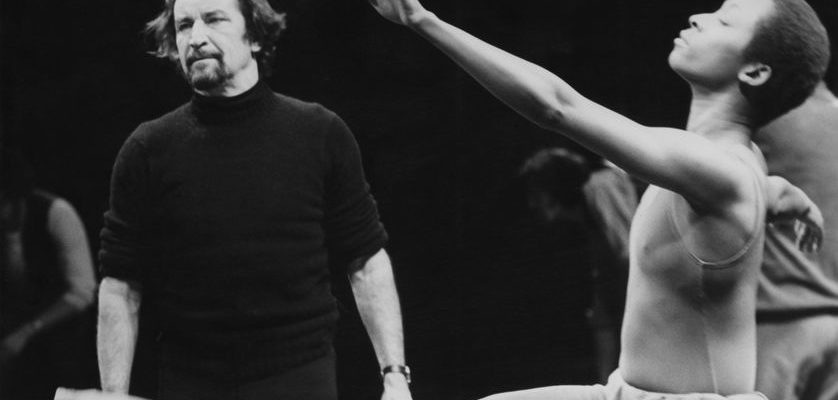
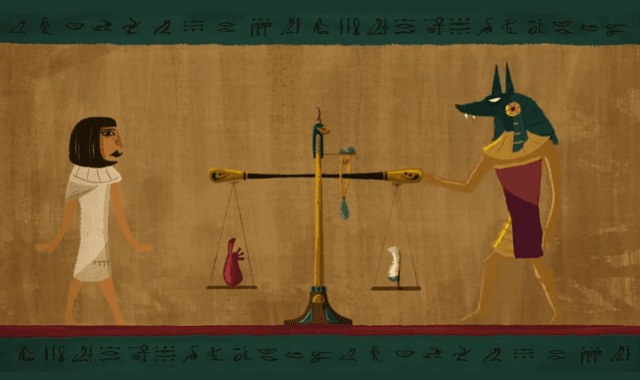

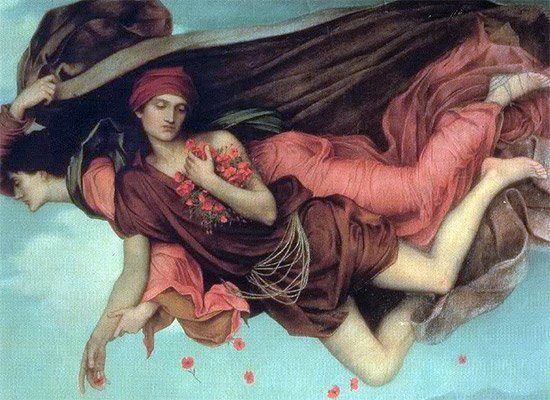
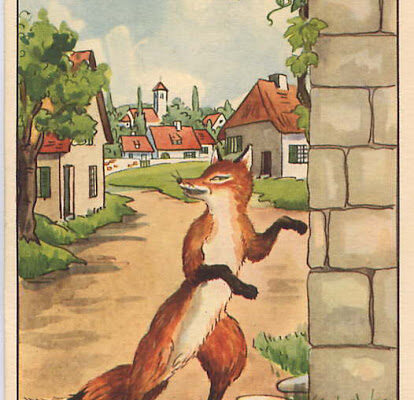
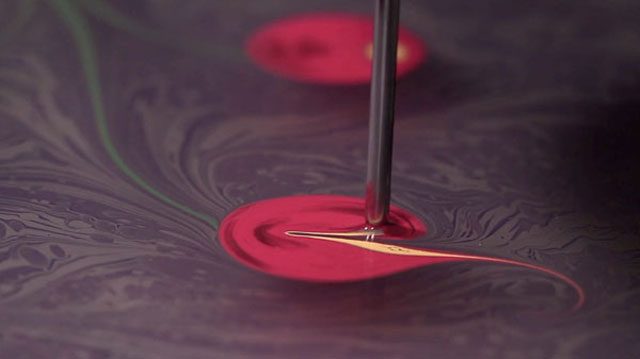
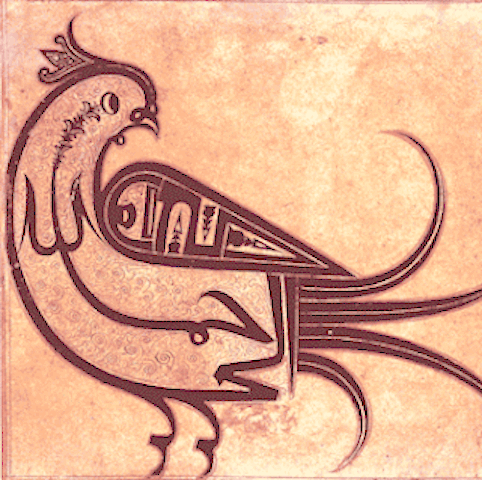
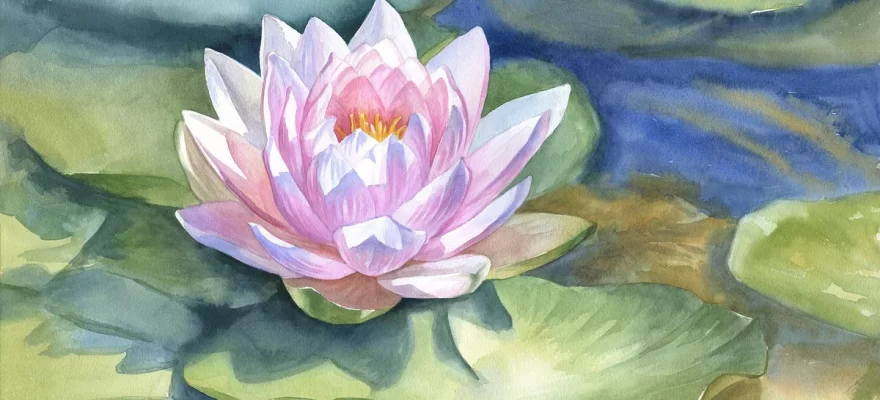
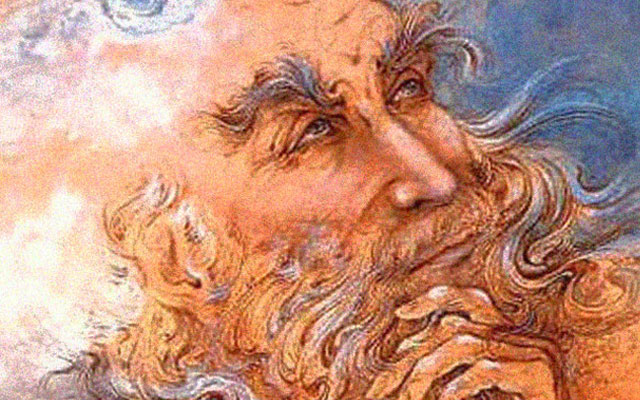





Social Profiles